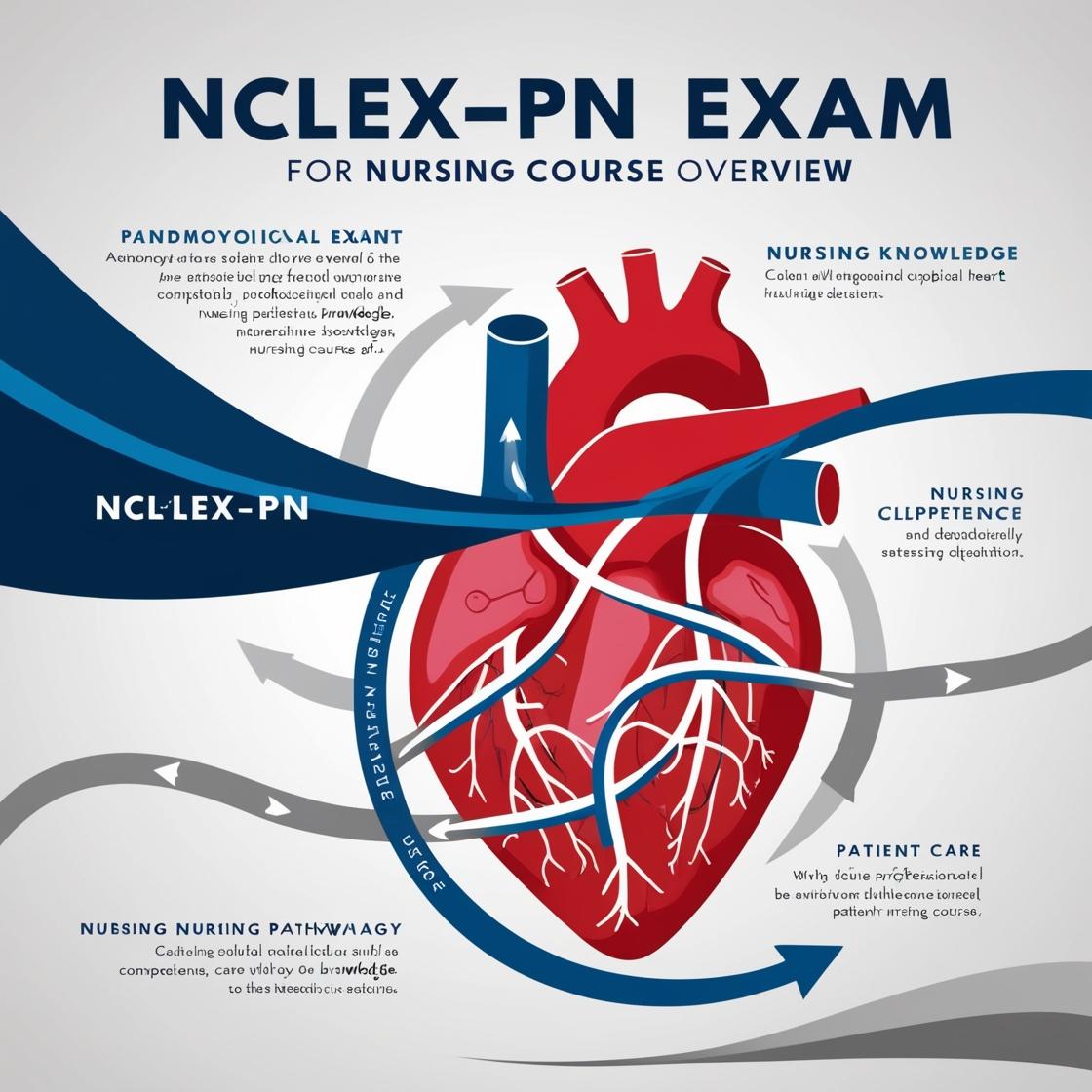NCLEX-PN
2024 Nclex Questions
1. Activities of effective supervisors can be task-related or people-related activities. An example of a task-related supervisory activity is:
- A. coaching.
- B. evaluating.
- C. delegating.
- D. facilitating.
Correct answer: C
Rationale: Delegating is the act of assigning work to those capable and competent to do the work, making it a task-related supervisory activity. Coaching, evaluating, and facilitating are people-related supervisory activities. Coaching involves guiding and developing individuals, evaluating entails assessing performance, and facilitating focuses on enabling tasks and processes. These activities are more centered on interacting with and supporting people rather than directly assigning tasks. Therefore, in the context of task-related activities, delegating stands out as the correct choice.
2. An adolescent female reports being raped at a party where alcohol was served. The client admits to drinking alcohol before being raped by an acquaintance. The nurse should:
- A. inform the client that because she is underage, she is not at fault for attending a party where alcohol was served.
- B. ask the client if anyone witnessed the event because the client was intoxicated and might not remember it accurately.
- C. inform the client that it was not her fault, and support the client through the physical examination.
- D. question whether the woman had consensual sex and now just feels guilty.
Correct answer: C
Rationale: In cases of rape, it is crucial to provide support and reassurance to the victim. The nurse should inform the client that it was not her fault and offer support through the physical examination. Blaming the victim, as in choice A, is inappropriate and can be damaging to the client's well-being. Choice B is not the priority at this moment; the immediate focus should be on supporting the client. Choice D is victim-blaming and implies doubt about the client's report, which is harmful and not supportive. It is essential to create a safe and supportive environment for the client to facilitate healing and recovery.
3. When the nurse who was not promoted first read the memo and learned that the other nurse had received the promotion, she left the room in tears. This behavior is an example of:
- A. conversion.
- B. regression
- C. introjection.
- D. rationalization
Correct answer: B
Rationale: Crying is a regressive behavior. The ego returned to an earlier, comforting, and less-mature way of behaving in the face of disappointment. Regression involves reverting to an earlier stage of development to cope with stress or conflict. In this scenario, the nurse regressed to a childlike state by crying when faced with the disappointment of not getting the promotion, demonstrating regression as a defense mechanism. Conversion involves transforming anxiety into a physical symptom. Introjection involves unconsciously identifying intensely with another person. Rationalization involves unconsciously creating acceptable explanations to justify unacceptable ideas, actions, or feelings. Therefore, the correct answer is regression as it aligns with the nurse's behavior of regressing to a childlike state by crying due to the disappointment of not receiving the promotion.
4. A 50-milliliter (ml) bolus of normal saline fluid is ordered by the physician. The physician wants it to infuse in 30 minutes. The nurse should set the pump rate at:
- A. 100 ml per hour for one hour.
- B. 60 ml per hour for one-half hour
- C. 120 ml per hour for one hour.
- D. 50 ml per hour for one hour.
Correct answer: A
Rationale: To infuse a 50 ml bolus in 30 minutes, the rate should be calculated as follows: 50 ml / 30 min = 100 ml per hour. Therefore, the correct answer is to set the pump rate at 100 ml per hour for one hour. Choice A is the correct rate based on the calculation. Choices B, C, and D all provide incorrect rates that do not match the physician's order. Choice B would only deliver 30 ml in 30 minutes, not the ordered 50 ml. Choice C would deliver 120 ml in one hour, which is 20 ml more than ordered. Choice D would only provide 25 ml over 30 minutes, not the full 50 ml prescribed.
5. A client goes to the mental health center for difficulty concentrating, insomnia, and nightmares. The client reports being raped as a child. The nurse should assess the client for further signs of:
- A. generalized anxiety disorder.
- B. schizophrenia.
- C. post-traumatic stress disorder.
- D. bipolar disorder.
Correct answer: C
Rationale: Given the history of childhood sexual abuse and the presenting symptoms of difficulty concentrating, insomnia, and nightmares, the nurse should assess the client for post-traumatic stress disorder (PTSD). Childhood sexual abuse is strongly associated with adult-onset depression and an increased risk for PTSD. Individuals with PTSD may exhibit re-experiencing symptoms such as flashbacks, nightmares, and heightened reactions to trauma triggers. They may also display emotional numbing, avoidance behaviors, and increased arousal symptoms like difficulty sleeping and hypervigilance. Generalized anxiety disorder (Choice A) is characterized by excessive worry and anxiety about various events or activities, not necessarily tied to a specific trauma. Schizophrenia (Choice B) is a severe mental disorder characterized by distortions in thinking, perception, emotions, and behavior, unrelated to the traumatic event described. Bipolar disorder (Choice D) involves mood swings between depressive and manic episodes, and its symptoms differ from those typically seen in PTSD.
Similar Questions

Access More Features
NCLEX PN Basic
$69.99/ 30 days
- 5,000 Questions with answers
- Comprehensive NCLEX coverage
- 30 days access @ $69.99
NCLEX PN Premium
$149.99/ 90 days
- 5,000 Questions with answers
- Comprehensive NCLEX coverage
- 30 days access @ $149.99
